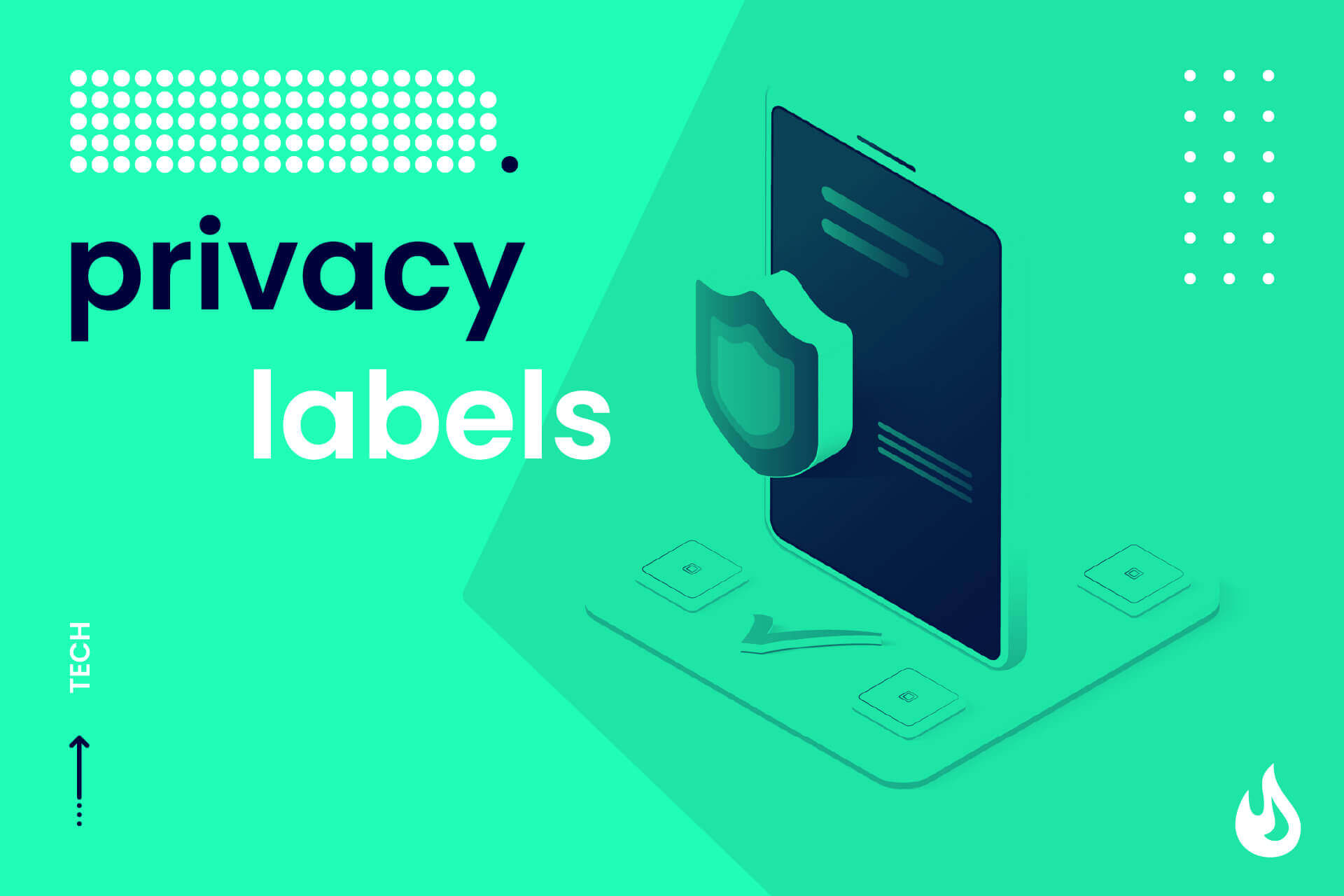
- Google will add app privacy labels to its iOS applications on App Store by next week
- Privacy labels disclose what users data the app is collecting and how they will be used
- Google has not updated its iOS applications since the day privacy labels went into effect
Google seems to be ready to update its iOS applications. The company will add Apple’s privacy labels to its applications on the App Store this week or by the next week the latest, its spokesperson confirmed to TechCrunch.
The move comes after weeks of suspicions and rumours of Google avoiding to comply with the new privacy rules and provide tracking details.
Mandatory privacy changes
Apple officially applied new app privacy labels on the App Store back on 8 December 2020. Since then all applications available on the App Store are required to disclose what user data they track. The new privacy labels also give the ability to see how each of the applications collects private data.
Sponsored
According to Apple, new labels are required for applications on all of its platforms, including iOS, iPadOS, macOS, watchOS, and tvOS. Anytime app developers submit a new update, the privacy labels must be accurately updated too.
Google delaying updates
Google meanwhile has not updated any of its iOS applications for weeks. The slowness of the tech giant inspired rumors of avoiding transparency and not being ready to disclose what data it collects from billions of its users.
The last time the major apps like Youtube, Google Drive, Google Docs, Google Sheets, and Google Authenticator were updated was 7 December 2020. Since then not a single bug fix or stability update including privacy labels has come out from Google. “An unusually long period for a tech behemoth”, stated Fast Company.
On the flipside
- The slowdown in December app updates is not uncommon.
- Apple’s App Store was shut down for the Christmas holiday (from December 23 to December 27 last year).
- Google applies a “code freeze” policy during the holiday season to prevent issues when the employees are on holiday.
Privacy labels reveal huge data tracking
Apple’s privacy labels already exposed major apps Facebook Messenger and WhatsApp to collect vast amounts of user’s data.
Sponsored
The data shows that the world’s biggest messaging applications with billions of users and dozens of billions of messages shared everyday track far more private data compared to similar apps like Signal, Telegram, or iMessage.
Both WhatsApp and Messenger track data linked to the user ID and device ID, contacts and email addresses, location, purchase history, payments info, device performance data. Messenger however is the unbeatable leader in user tracking, including a much wider list of private data, which you can see here.
